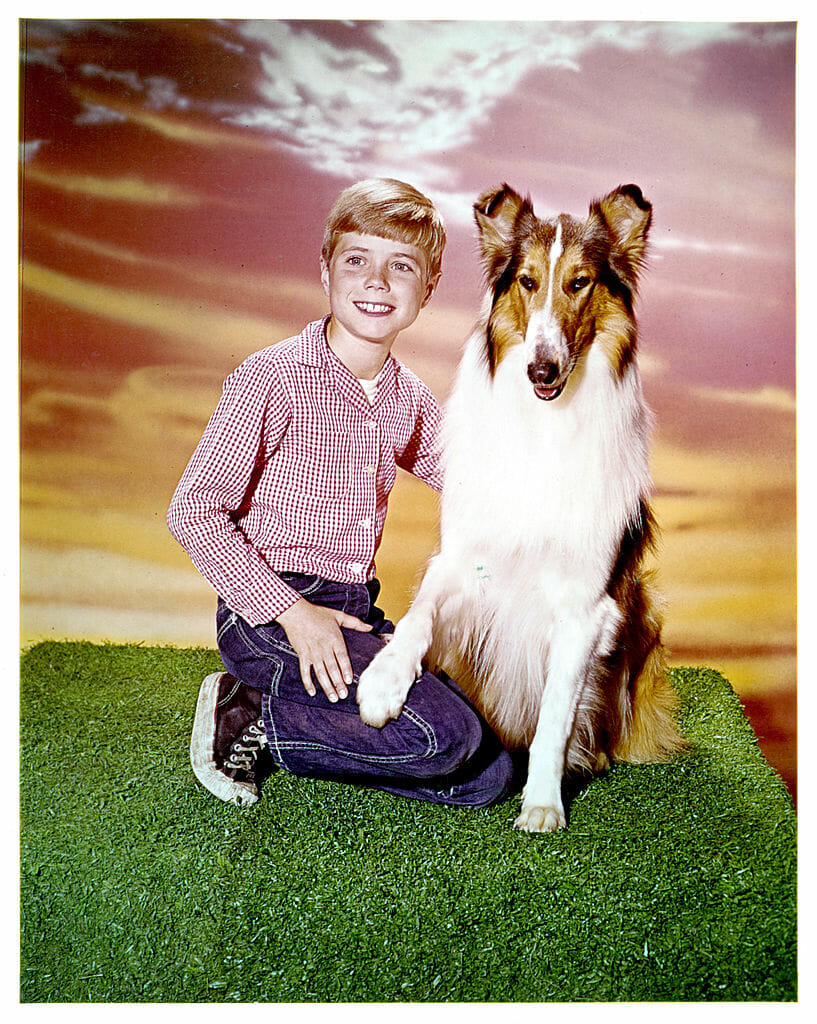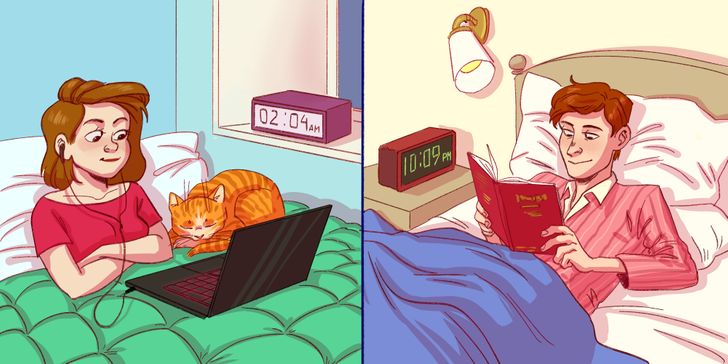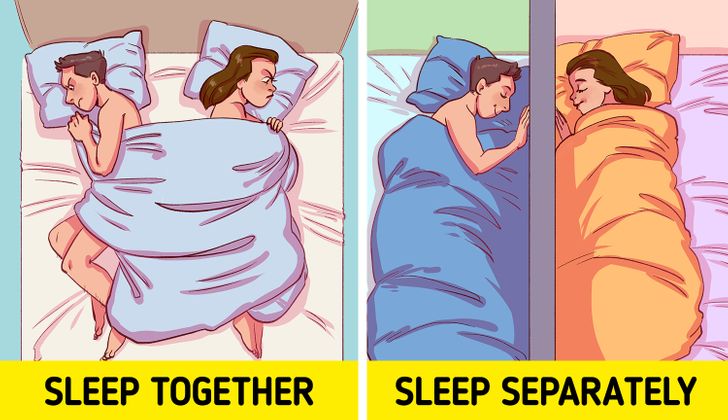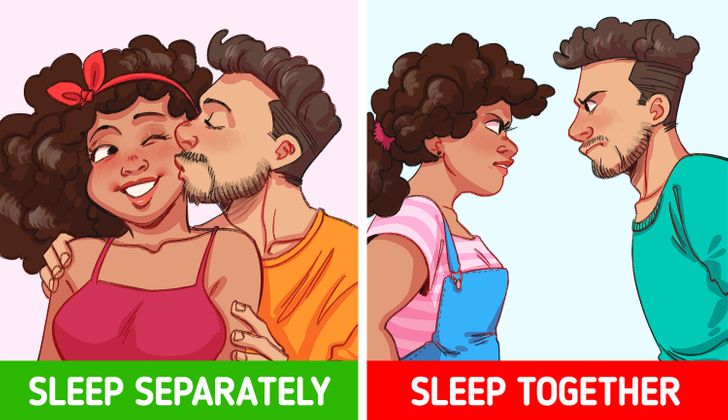For nearly two decades most of us can remember tuning in to see the latest adventures of the most famous dog on TV – Lassie.
This much-loved Rough Collie dog and her human companions graced our screens for 17 seasons from 1954 to 1973 and even made the transition from black and white to color in the ’60s.
But who could forget the adorable little boy who joined the show in its fourth season when he and his family adopted Lassie – 7-year-old Timmy Martin.

Now Jon Provost, who played Timmy, has celebrated his 74th birthday and shares the joy he had filming with his four-legged friend and how he was discovered by Hollywood at just 3 years old.
The Los Angeles-born actor said when he was 3 years old he was taken to an audition for a Jane Wyman movie because his mom was a huge fan and hoped to get her autograph. But, out of the 200 kids auditioning for the part, Jon got it.
It was far from evident that Jon would become an actor. His father worked with something completely different – he was an aeronautical engineer.
”My parents weren’t Hollywood people. My father is from Alabama and my mother is from Texas,” Jon said.

At age 4, he landed a role in a Grace Kelly and Bing Crosby movie.
“I didn’t have an agent. I got one and that led to more movies like The Country Girl with Bing Crosby and Grace Kelly. I did about 12 movies before I started ‘Lassie’”, he told Fox News.
Three different Lassies
Recalling the bonds he formed with the three different male dogs that played the part of the female Lassie, Jon said he developed the biggest bond with the last dog to play Lassie.

“I did the show for seven years, 249 half-hour episodes. I worked with three different Lassies. The last dog I worked with, I worked with him for five years alone,” he told Fox News.
“We grew up together. For five years, we saw each other five days a week and sometimes on weekends.
Revealing how well behaved the dog was he added: “The actors made more mistakes than the dog. They were more of a problem,” he laughed.

After leaving the show at 14 years old he starred alongside the likes of Natalie Wood and Kurt Russell and never fell into the Hollywood child actor trap saying: “My parents let me pretty much do what I wanted to do. I didn’t have to take a job.
“When I left Hollywood, I thought it was good that I did.”

Today Jon lives out of the limelight in Northern California but still gets fan mail from his time in “Lassie”. In 1994, the actor received a star on the Hollywood Walk of Fame.
Meanwhile, Lassie, the canine character, became so popular that she even had a “Lassie” riveting radio series.
Jon Provost wife
In 1979, Jon Provost tied the knot with Sandy Goosens. Together, they had two children, Ryan and Katie.
After being married for 14 years, the two divorced on December 20, 1993.
In 1999, Jon Provost found love again when he married Laurie Jacobson, a well-known researcher, and author.
I was such a fan of the adventures this sweet duo got up to. And with a moral to every episode, it was the perfect show for kids.
Please share with all the “Lassie” fans you know.
Why More Happy Couples Prefer to Sleep in Separate Beds
According to a survey, only 14% of couples sleep in separate beds every night. And while many of us might believe in the saying “couples who sleep apart grow apart” there are studies that show the opposite is actually true.
We at Bright Side believe that there are no wrong or right sleep arrangements, because to some, sleeping in different beds can be as pleasing as for others sharing a bed with their partner.
A poor night’s sleep can turn lovers into fighters.

According to research, sharing a bed with a partner that has restless sleep behavior can deprive you of 49 minutes of sleep each night. And, when one partner doesn’t get a proper night’s sleep because of the other, it will most likely result in a conflict between them the next day.
Actually, the study even confirmed that couples who tend to have a poor night’s sleep have more severe and more frequent fights than those who wake up well-rested. People who get a good night’s sleep, on the other hand, are more likely to be in a good mood, have lower stress levels, and be more patient.
Resenting your partner because you can’t get a good night’s sleep can be destructive to the relationship.

Snoring, fidgeting, and bed or blanket hogging are just a few of many reasons why some couples choose to sleep in different beds or even in different bedrooms. Lying awake listening to your partner snoring while you beat yourself up to fall asleep can lead to a build-up of anger, tension, and resentment toward your partner.
According to Jennifer Adams, author of Sleeping Apart Not Falling Apart, sleeping in a separate bedroom can even help a relationship thrive because both partners are not sleep deprived.
Each partner can tailor their sleeping conditions to their heart’s content.

Tina Cooper, a licensed social worker, sleeps in different bedrooms with her partner because of their opposite sleeping habits. “I’m a night owl, he’s an early bird. I need soothing sounds to fall asleep, and he likes silence. He likes a hard mattress, and I like soft and full of pillows. And because I don’t like the early day’s sunlight, my boyfriend gave me the master bedroom which gets less light and he has the second largest room that gets the sunrise he loves.”

How you spend the nighttime in your shared bedroom with your partner can also influence your daytime functioning, marital satisfaction, and psychological and physical health. And when 2 people with different bedtime preferences and nighttime schedules end up together, changing themselves just to please their partner’s needs might harm their relationship in the long run.
Sleeping in different bedrooms with your partner means that the 2 of you will have a place just for yourselves where you can relax after an exhausting day. This way, both of you can satisfy your needs without tiptoeing around and worrying about whether your partner might wake up because you want to watch the latest episode of your show before bed.
Even if you don’t remember waking up, disturbed sleep can have a negative impact on your overall health.

During the night, our brain cycles through the stages of sleep several times: light sleep, deep sleep, and REM (Rapid eye movement sleep). But when you interrupt the cycle by waking up during the night, it means that your brain spends more time in the light sleep stage and misses out on REM. And without sufficient REM your emotional well-being and cognitive performance suffer.
Interrupted sleep can also have short and long-term health consequences, like hypertension, weight-related issues, mental health problems, reduced quality of life, and other health-related issues.
People on Reddit share why they decided to sleep separately with their partner.

- “Because a good night’s sleep is more romantic than sharing a bed. I snore and toss and turn. He gives off literal village levels of heat in his sleep and I can’t stand the heat. I read, he can’t stand light. We keep different hours to an extent. A million reasons. We get along so much better this way.” — crankyweasels
- “My partner and I have completely separate bedrooms. We ’sleepover’ occasionally in each other’s rooms. However, we both sleep exponentially better apart. He’s a night owl and I’m an early bird. He wants only one sheet on him, I want 10 lbs of blankets. In addition, having a separate room allows me to decorate it however I want, have my own personal space, and keep it to the level of cleanliness I prefer. People look at us sideways when I mention the separate rooms thing, but it’s been a game-changer.” — eriasana
- “Different sleep cycles due to different work schedules. We are still madly in love and we both agreed to this because it’s the best for both of us.” — AFishInATank
- “Early in our relationship, 90% of our fights occurred in the bedroom. I like to sleep in a cold room with the fan on and white noise like a box fan. I also like to go to sleep with the TV on. She likes to sleep in a warm, still, cave in complete silence and darkness. We started sleeping in separate rooms and all of a sudden 90% of our fights stopped. Also, because we were getting real sleep, other fights turned more into heated discussions.” — ttc8420
What are your sleeping arrangements with your partner? Do you believe sleeping in different beds can help a relationship thrive?



Leave a Reply